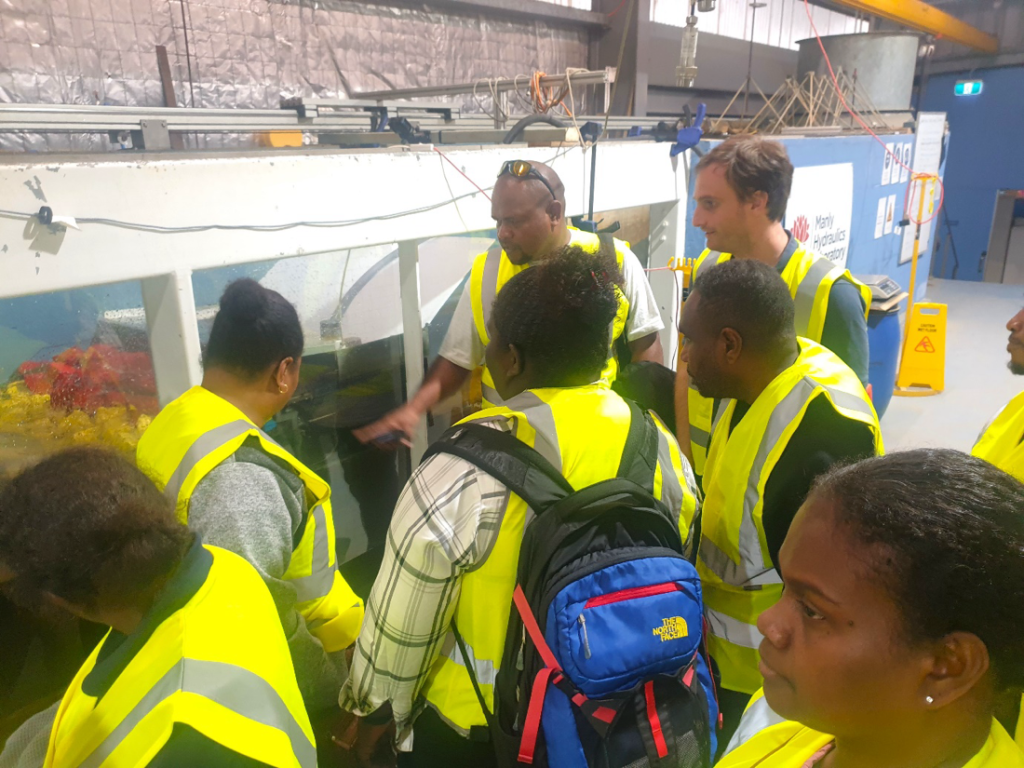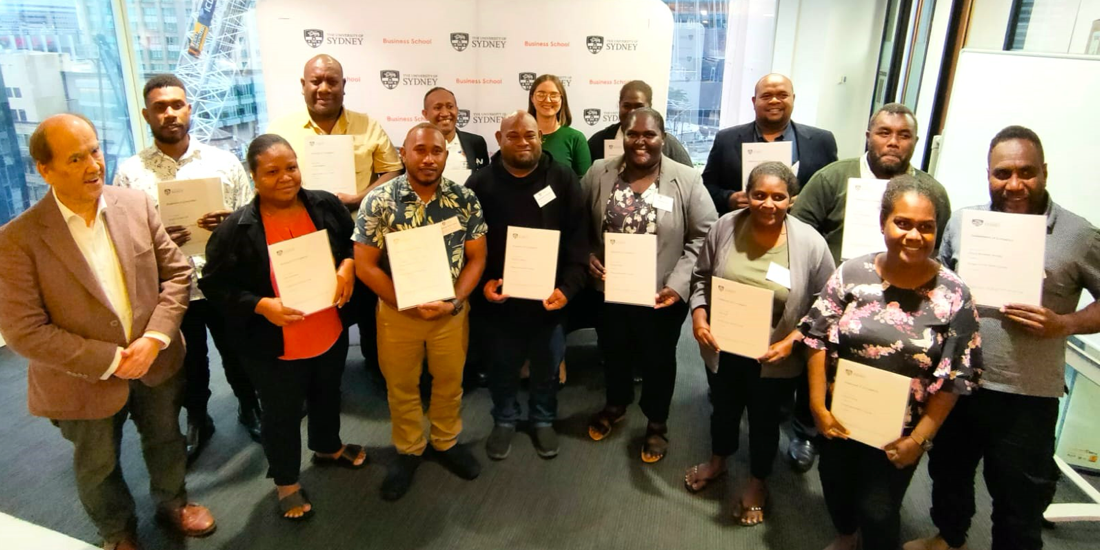The Ministry of Health and Medical Services (MHMS) Health Infrastructure Department Manager together with other Solomon Islands Government Ministries, Honiara City Council and the State-Owned Enterprises attended an intensive 5-days training program designed to enhance infrastructure knowledge specific to the Solomon Islands in Sydney, Australia.
The objectives of the training were to empower participants as infrastructure management professionals, to explore and uncover effective strategies for enhancing the management, operation, and maintenance of infrastructure projects.
By examining diverse project delivery approaches and analyzing various business cases, participants were able to identify valuable lessons for growth. At the training, discussions were based on; improving decision making, healthcare, priority infrastructure and climate change, asset management and sustainability, procurement assessment, finance and delivering projects with external finance.
Health Infrastructure Manager Mrs. Hella Masitalo said during the three days, participants engaged in a 3-day hands-on short course led by the renowned University of Sydney’s School of Business, followed by an insightful 2-day field trip.
A total of 12 delegation from SIG Ministries, Ports, Solomon Power, Solomon Water, and HCC took part, gaining valuable insights and skills to drive future development in their sectors.

“This opportunity to observe large-scale projects in Australia and the innovative systems in place was invaluable. We focused on critical areas such as strategic fit, deliverability, societal impact, procurement, risks, finance and funding, governance, and case studies, all of which are key to driving successful outcomes in our field”, said Mrs. Masitalo.
She explained the training is vital for them to pinpoint existing gaps and develop effective strategies to successfully deliver their projects.
“By capturing the value of our assets and implementing efficient operations and maintenance systems, we can ensure that our buildings are registered for effective monitoring. Additionally, prioritizing health and safety in our architectural designs is crucial.

“Participating in this training presents us with an invaluable opportunity to learn from past experiences and significantly enhance our buildings’ operational sustainability. More importantly, it fosters collaboration among national colleagues, allowing us to effectively share our challenges and explore practical solutions—something that is often overlooked. By documenting case studies that reflect lessons learned, we empower ourselves to build on our experiences and refine our practices as we move forward.
“While Australia may be a larger and more developed country, the delivery processes, strategies, principles, and challenges they face can be strikingly similar to ours. Embracing these insights can lead to significant improvements in our own construction projects”, said Mrs. Masitalo.
Meanwhile, she stated operating with transparency in a politically charged environment can be difficult, but this training has demonstrated that being
open, thorough, and maintaining a positive and sensitive outlook when executing projects can earn you significant respect in your role.
“To foster this culture, it is essential that all decision-makers lead by example. This is inspiring for me”.
– MHMS









